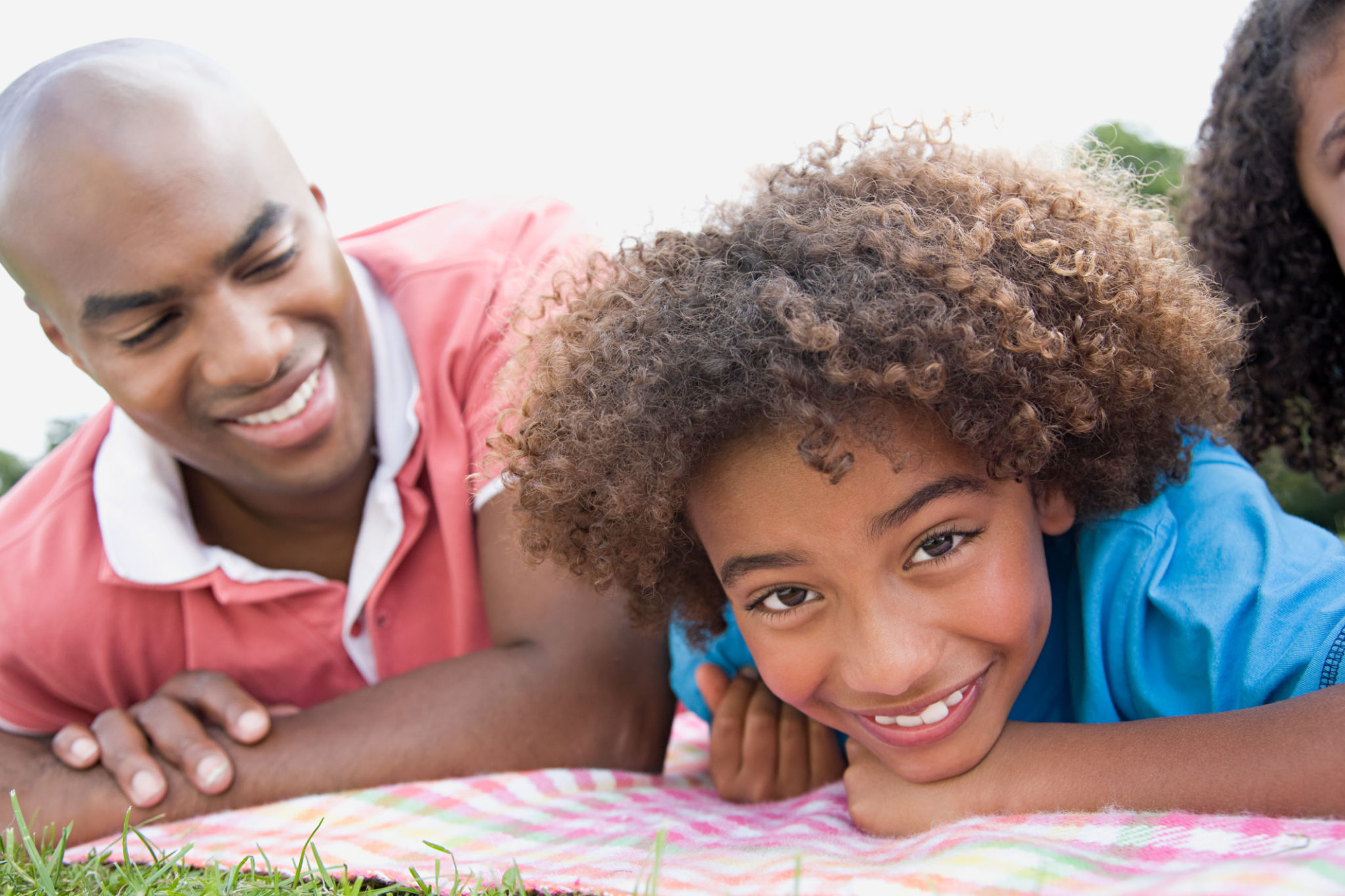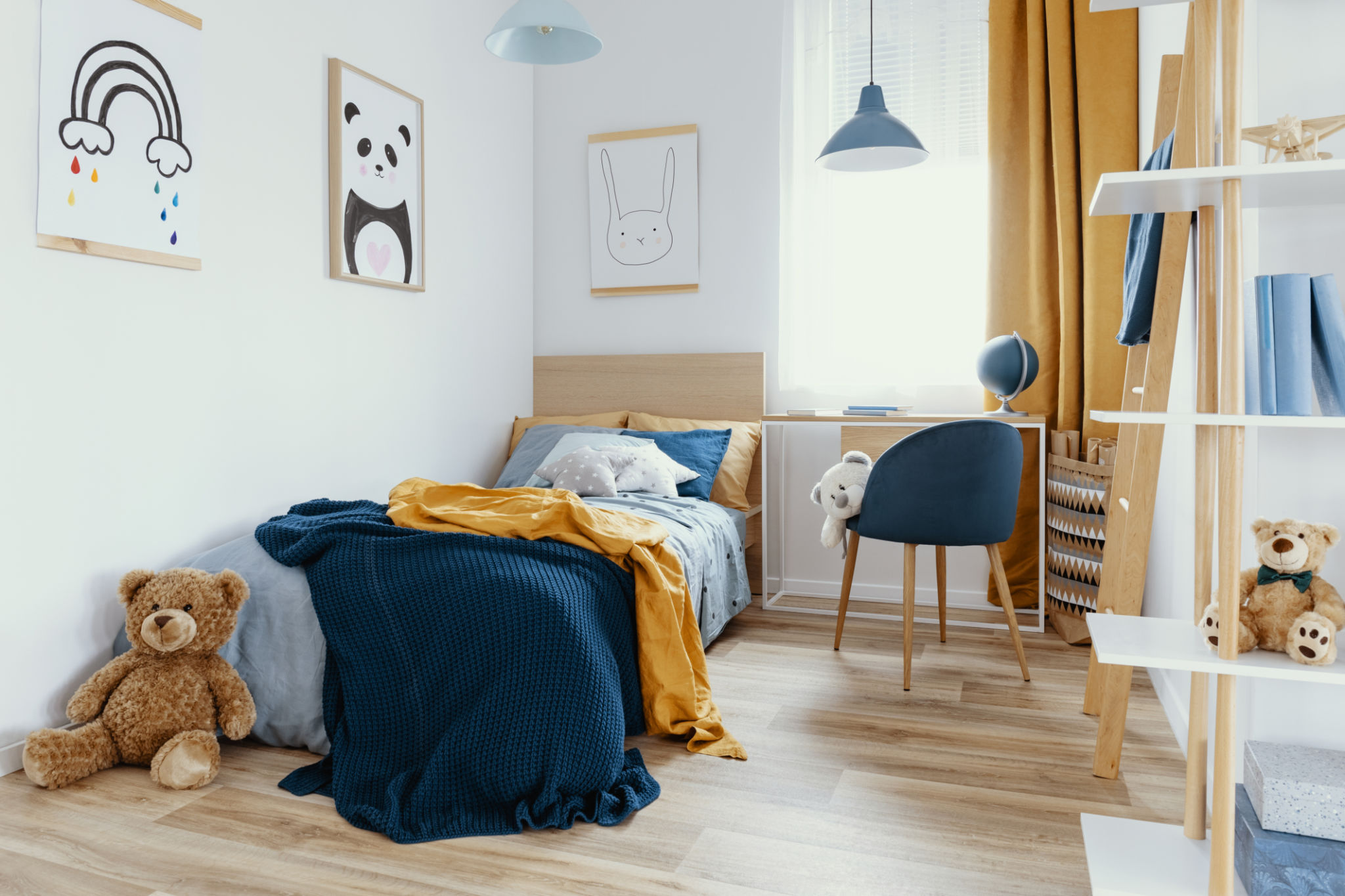Understanding the Importance of Beauty in Foster Care Support
The Role of Beauty in Building Confidence
Beauty in foster care may not be the first association that comes to mind when thinking about support for foster children. However, recognizing and embracing beauty can play a critical role in nurturing self-esteem and confidence. When children and teens feel good about themselves, they are better equipped to handle the challenges they face.
Incorporating elements of beauty, such as personal grooming, fashion, or even personalized room decor, can make foster children feel valued and cared for. These small acts can significantly impact their mental well-being and overall happiness.

The Therapeutic Benefits of Beauty
Beauty has therapeutic qualities that can be incredibly beneficial for foster children. Engaging in creative activities like painting, drawing, or crafting can provide an outlet for expressing emotions and processing experiences. These activities offer a sense of accomplishment and pride, which is vital for building self-worth.
Moreover, participation in beauty-related activities can foster a sense of normalcy and routine. This stability is crucial for children who have experienced instability and uncertainty in their lives.
Creating Safe and Beautiful Environments
Providing a beautiful and safe environment is another way to support foster children. A well-decorated space that reflects a child's personality can offer comfort and a sense of belonging. Personalizing their living area with colors, patterns, and items they love helps transform it into a sanctuary where they can relax and feel secure.

The Impact of Positive Self-Image
A positive self-image is vital for foster children as they navigate their unique journeys. Encouraging them to express their individual style through clothing or hairstyles can reinforce their identity and boost their confidence. Foster caregivers should support these expressions to help children develop a strong sense of self.
Additionally, teaching personal care routines can empower foster children by providing them with skills that promote independence and self-care. This investment in their well-being is as important as any other aspect of their development.
Building Connections Through Beauty
Beauty can also serve as a bridge for building relationships between foster children and their caregivers. Activities such as shopping for new clothes, going to a salon, or even doing simple crafts together can strengthen bonds and create lasting memories.

These shared experiences help establish trust and open lines of communication, both essential for healthy relationships. They also provide opportunities for caregivers to listen to and understand the needs and desires of the children in their care.
Conclusion: Fostering Beauty for Better Outcomes
In conclusion, incorporating beauty into foster care support is more than just an aesthetic pursuit; it is an integral part of fostering resilience and emotional well-being in children. By valuing the importance of beauty, caregivers can contribute positively to the lives of foster children, helping them build confidence, express themselves, and create meaningful connections.
Ultimately, these efforts lead to improved outcomes for foster children, preparing them for brighter futures filled with potential and opportunity.
